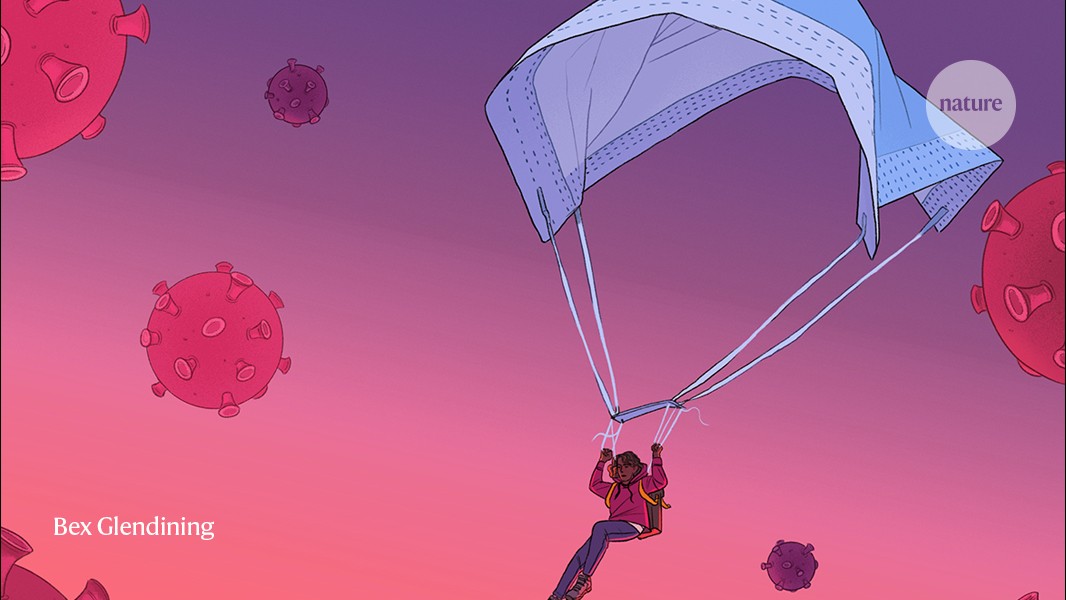"The science supports that face coverings are saving lives during the coronavirus pandemic, and yet the debate trundles on. How much evidence is enough?

 www.nature.com
www.nature.com
"To be clear, the science supports using masks, with recent studies ... parachutes have never been tested in a randomized controlled trial, either."

 www.nature.com
www.nature.com

Face masks: what the data say
The science supports that face coverings are saving lives during the coronavirus pandemic, and yet the debate trundles on. How much evidence is enough?
"To be clear, the science supports using masks, with recent studies ... parachutes have never been tested in a randomized controlled trial, either."

Face masks: what the data say
The science supports that face coverings are saving lives during the coronavirus pandemic, and yet the debate trundles on. How much evidence is enough?













